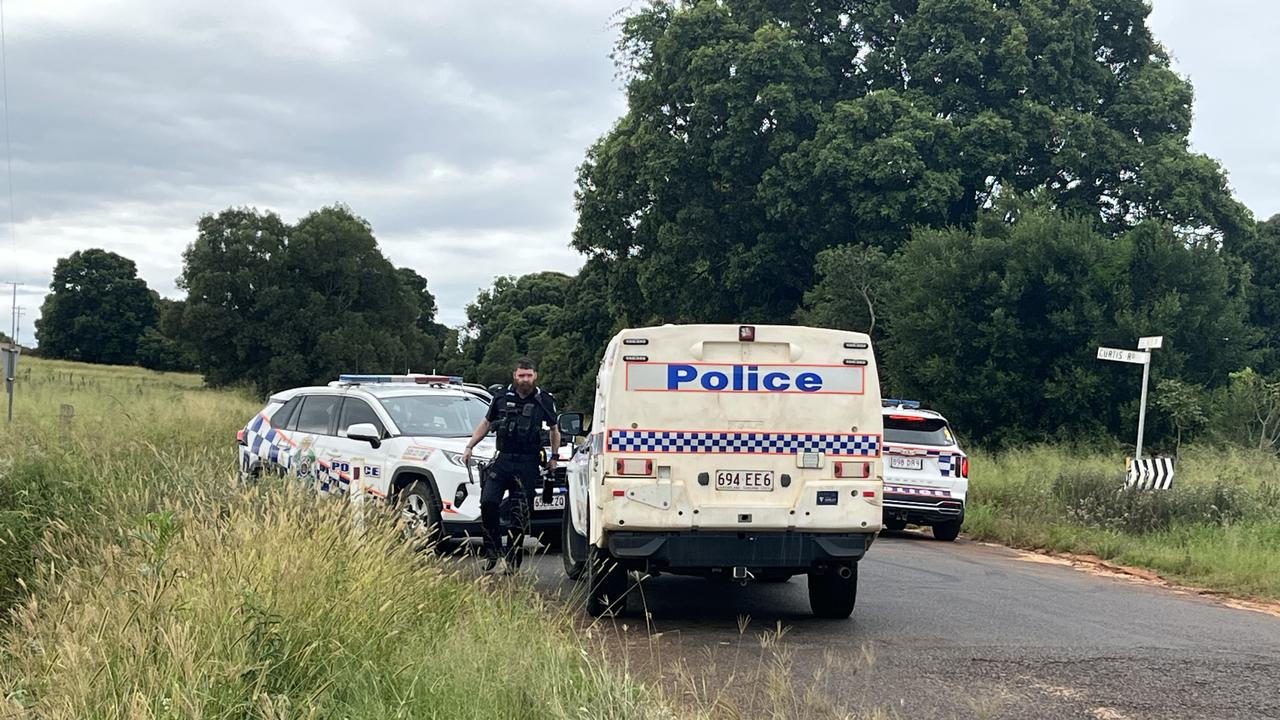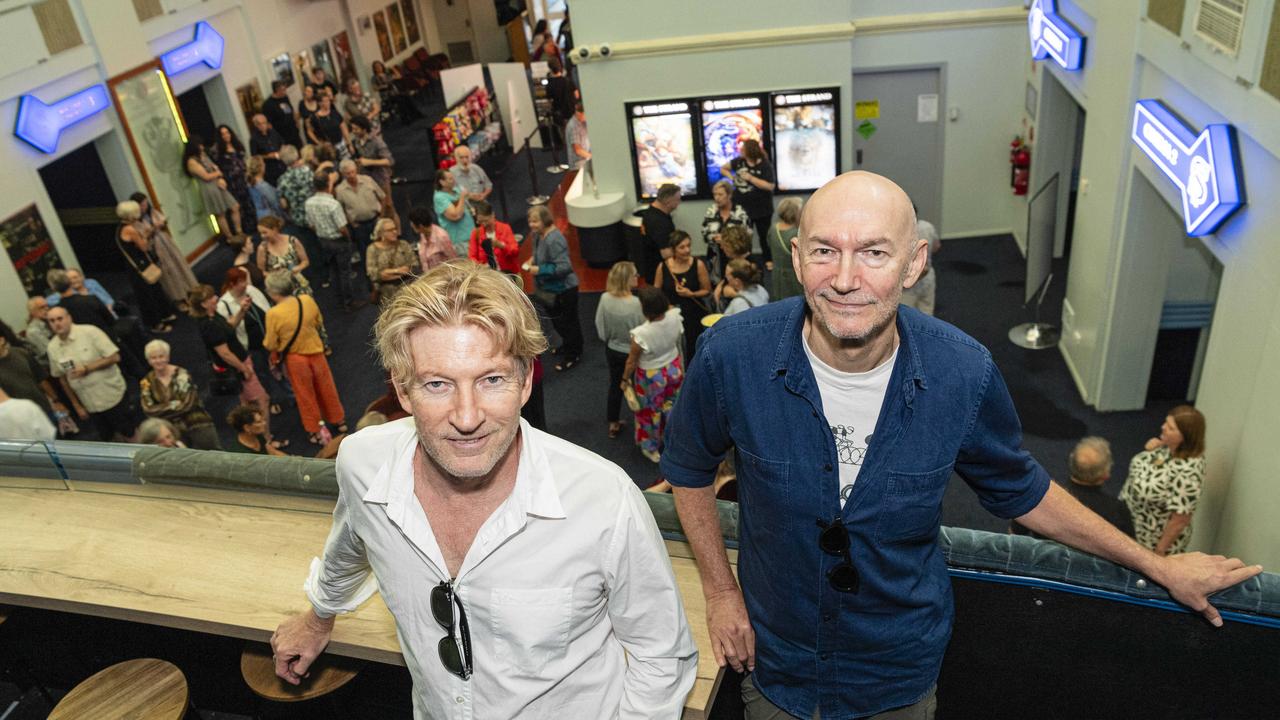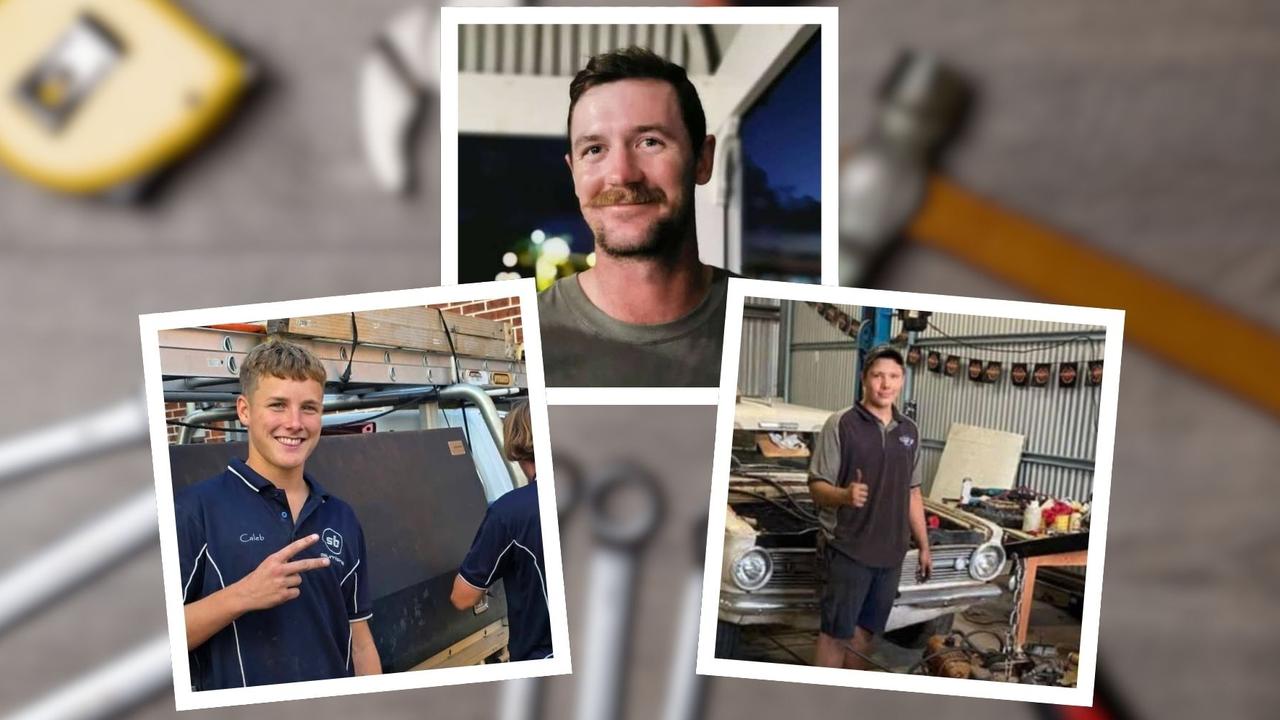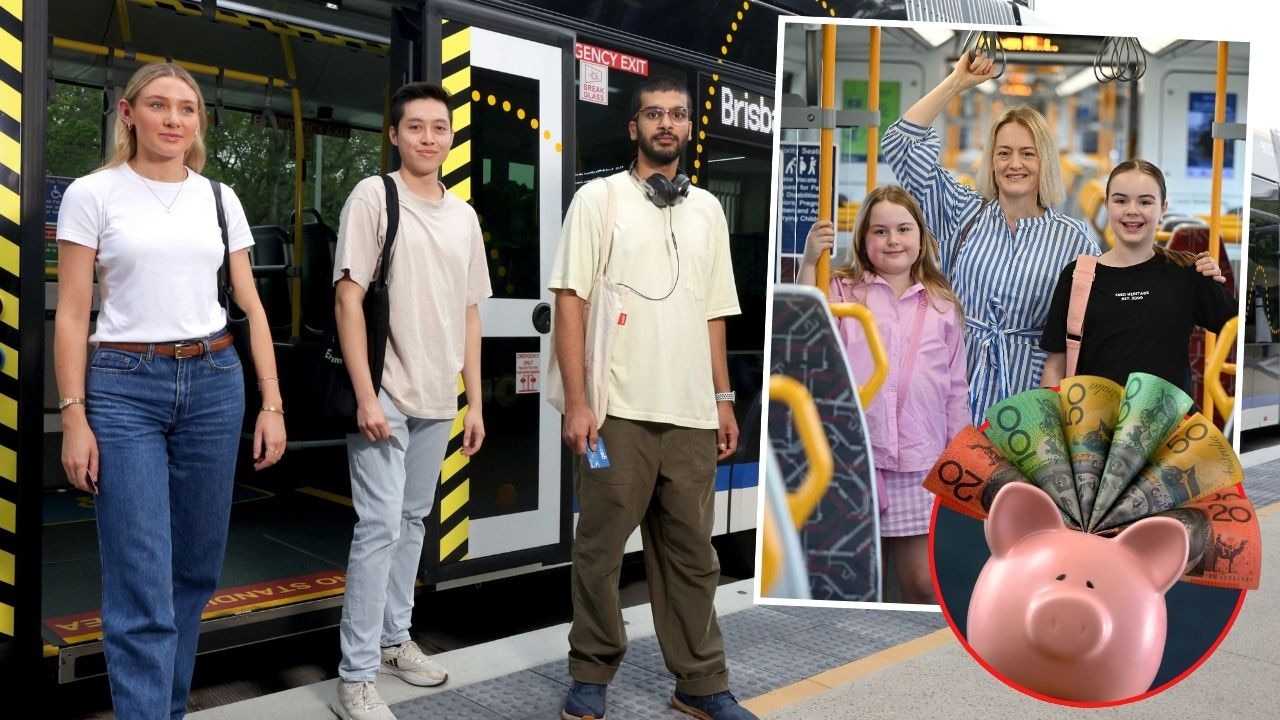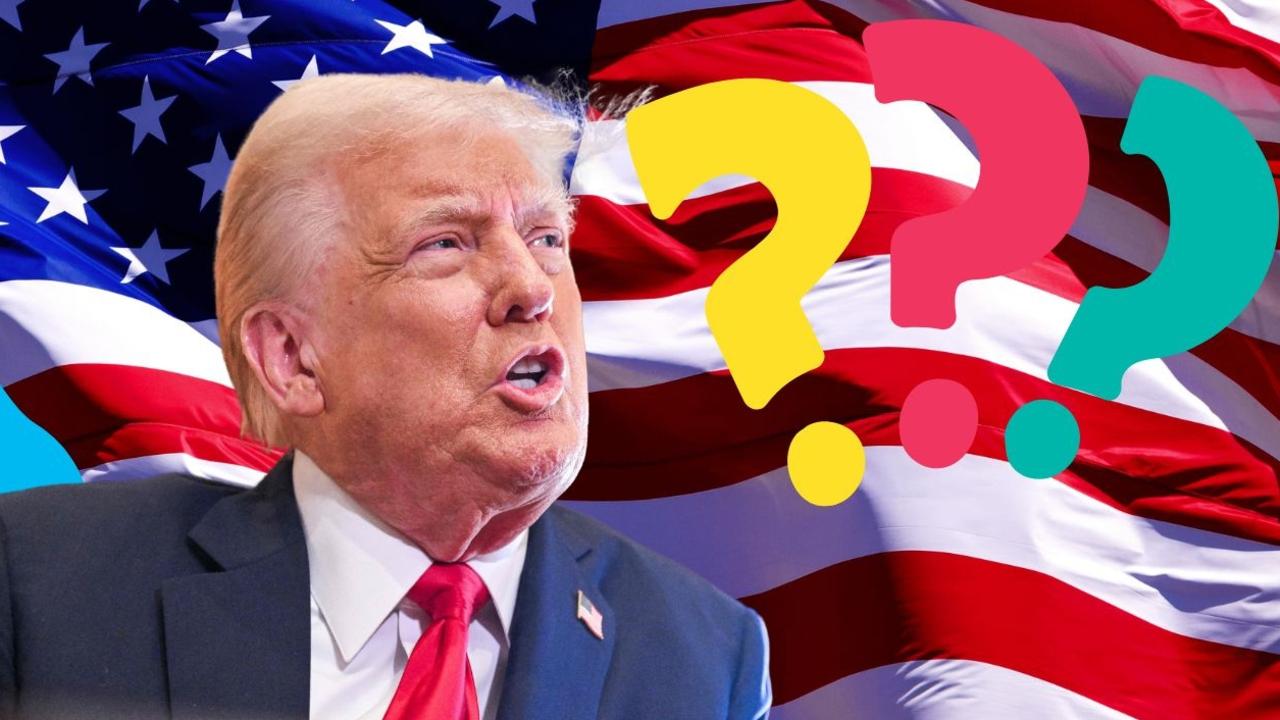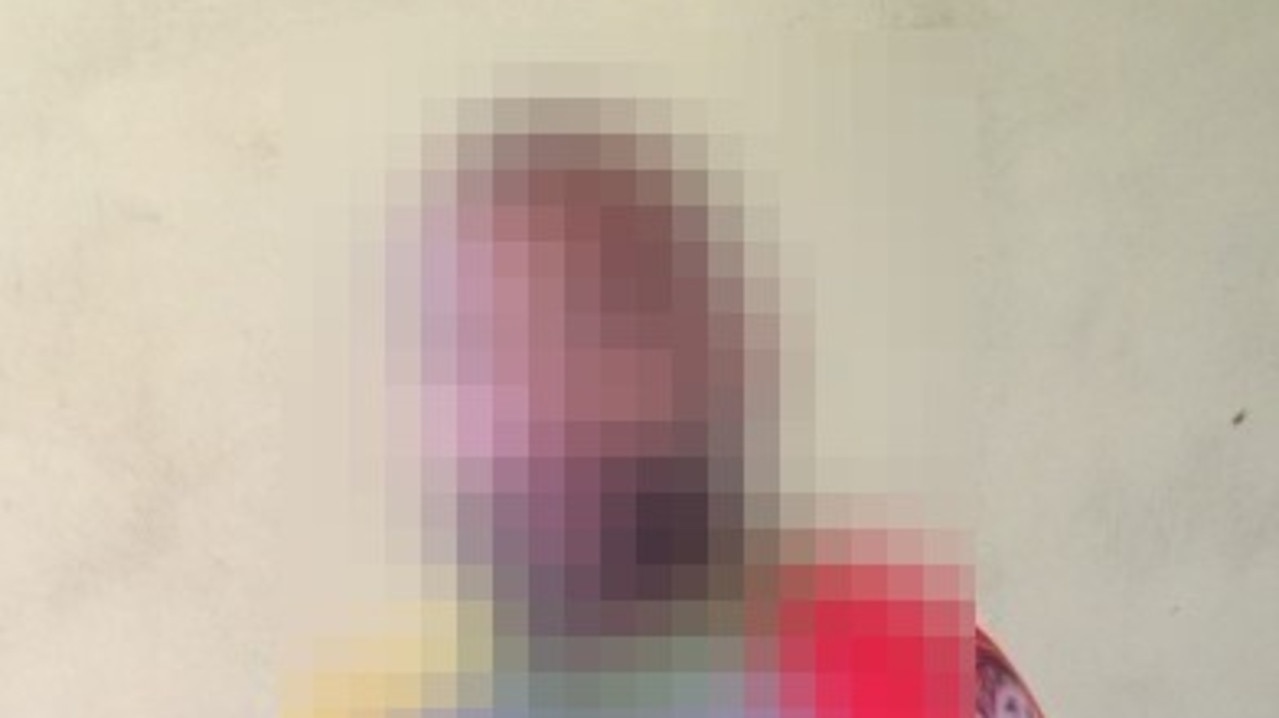‘Gift to all Australians’: Debate heats up over The Voice referendum
In a fortnight’s time the Australian public will receive crucial information to assist with their decision in the Indigenous Voice to parliament referendum. Now several members of the Indigenous community and local politicians have voiced their own opinions on the widely debated topic.
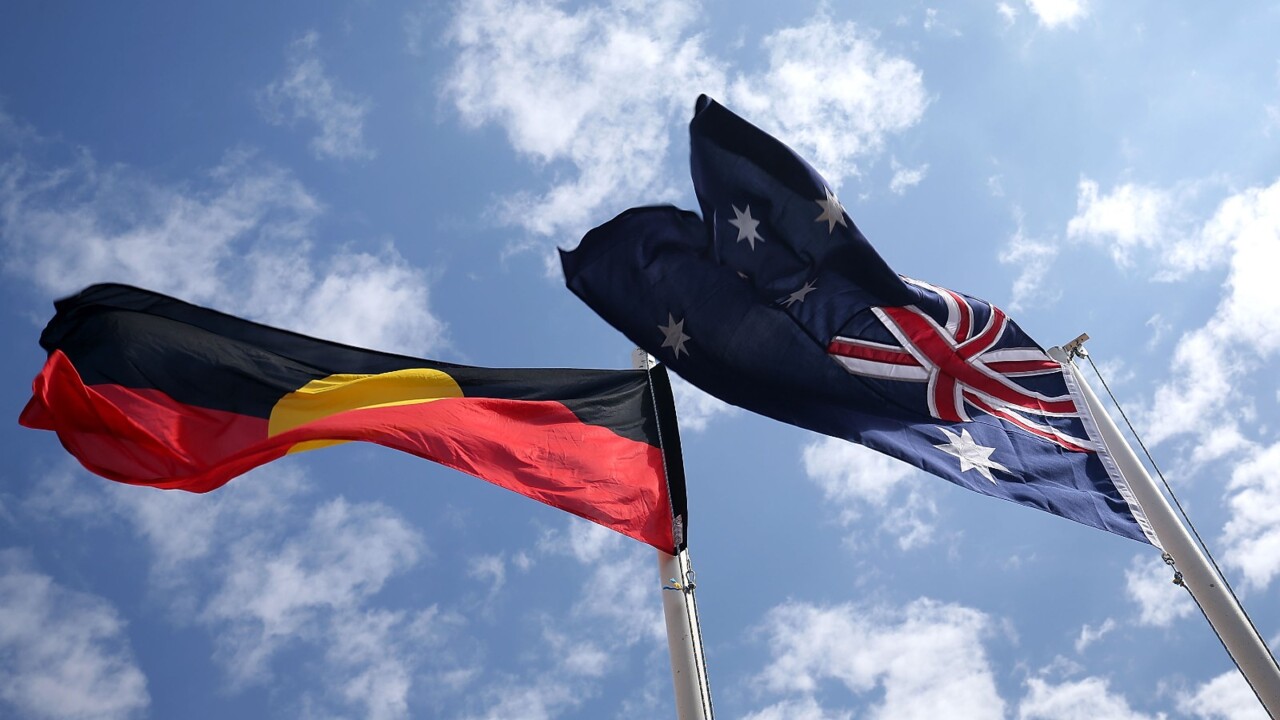
News
Don't miss out on the headlines from News. Followed categories will be added to My News.
It’s a topic which has been widely debated across the country and now the Indigenous community and local politicians have shared their views on the Indigenous Voice to parliament.
Designed to give a national platform to Aboriginal and Torres Strait Islander people, The Voice would consist of a body of Indigenous Australians in parliament.
A key recommendation in the Uluru Statement from the Heart, The Voice would implement a structural change in the constitution.
Providing Indigenous Australians with an opportunity to share their perspective on a national scale, The Voice would mean they could have their say on policy and legal decisions which impact their people and lives directly.
Prime Minister Anthony Albanese said has put the decision to introduce The Voice in parliament forward to the Australian public with a referendum set to take place this year, between October and December.
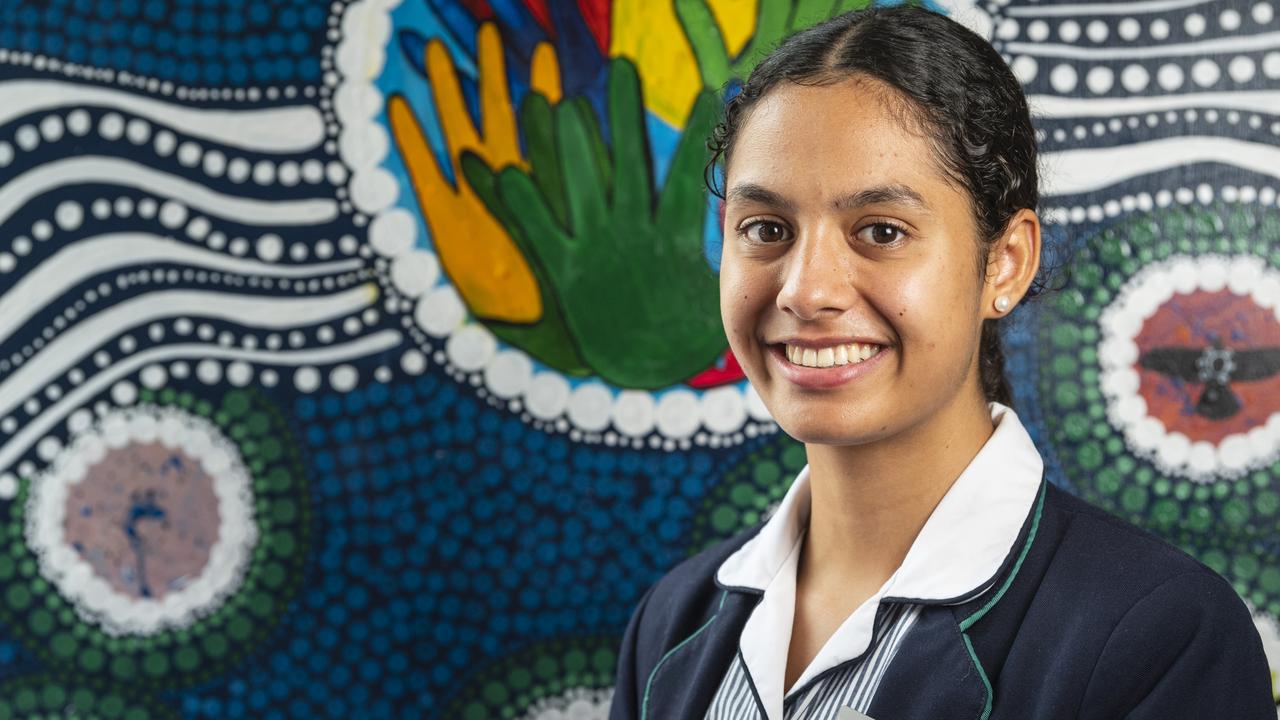
Torres Strait Islander teen Laura Beschel who lives in Toowoomba, was mentored by an Indigenous lawyer in Brisbane during a week-long internship earlier this year.
The high school student said the experience gave her a broader understanding of The Voice and what it would mean for First Nations people.
Set to turn 18 in September, Ms Beschel will be eligible to head to the polls for the first time this year when she intends to vote yes on the referendum.
“It’s important for our community to see their people in high power positions so for the person running our country to push for equality means a lot to us,” she said.
“Listening to the lawyers speak about the referendum made me realise just how sad and disappointing it is that our people still have to go through this.
“It’s taken far too long to put this in the constitution and acknowledge the Indigenous owners of this land.”
Ms Beschel said while passing the referendum would be a positive step forward, it would not fix everything and a lot more work was required to close the gap.
She said another crucial step would be teaching young people about the issue in schools as many of her peers did not understand the referendum and what it could mean for First Nations people.
Ms Beschel said many of her high school peers did not fully understand the referendum and what it would mean for First Nations people.
“(The Voice) would give young Indigenous people in our community the confidence to establish a future and be heard,” she said.
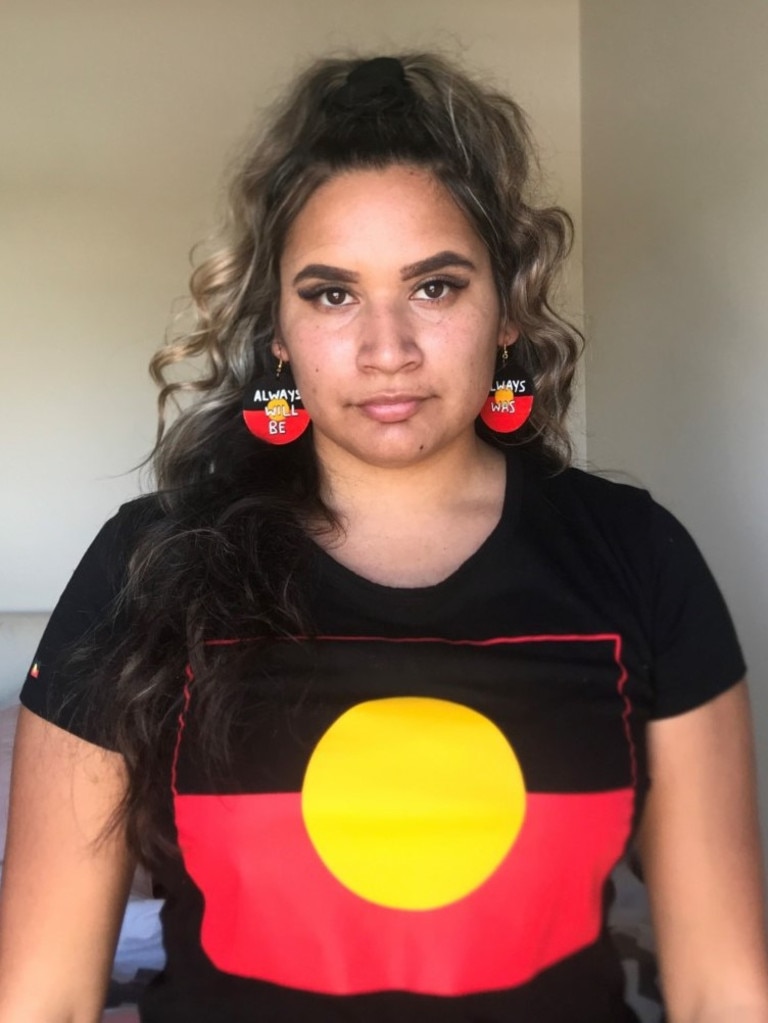
Co-chair of the Uluru Youth Dialogue Allira Davis, 26, established the initiative in 2019 alongside Bridget Cama, to create a safe space for young people to have a voice.
The proud Cobble Cobble woman from southeast Queensland said The Voice would be a permanent, legitimate and protected way to impact change in health and education.
She said The Voice would also assist with reducing youth suicide, incarceration rates and youth crime.
“The Uluru statement from the heart is a gift to the Australian people to walk with us,” she said.
“Only we can determine our destinies and we need to change that right now because we are not living long enough.
“This will actually help change things that happen in our community and will hopefully prevent situations like health statistics and make sure we live stronger and happier lives.”
Ms Davis said her role through the Uluru Youth Dialogue involved educating others to ensure they had all the facts to make an informed decision when visiting the ballot box later this year.
She said she would like to see the “voiceless” people on the ground in parliament, such as community leaders and those directly affected.
While Ms Davis said a treaty should have been agreed to when the first settlers came, she believed the first step towards closing the gap was the enshrinement of the voice.
“We’re three per cent of the population but we need the 97 per cent to walk with us for a better future,” she said.
“Young people are really progressive and just want to see change in their lifetime and our elders are tired so it’s our time to stand on their shoulders and fight the good fight.
“I believe the Uluru statement is a way forward to a better future for all Australians.”
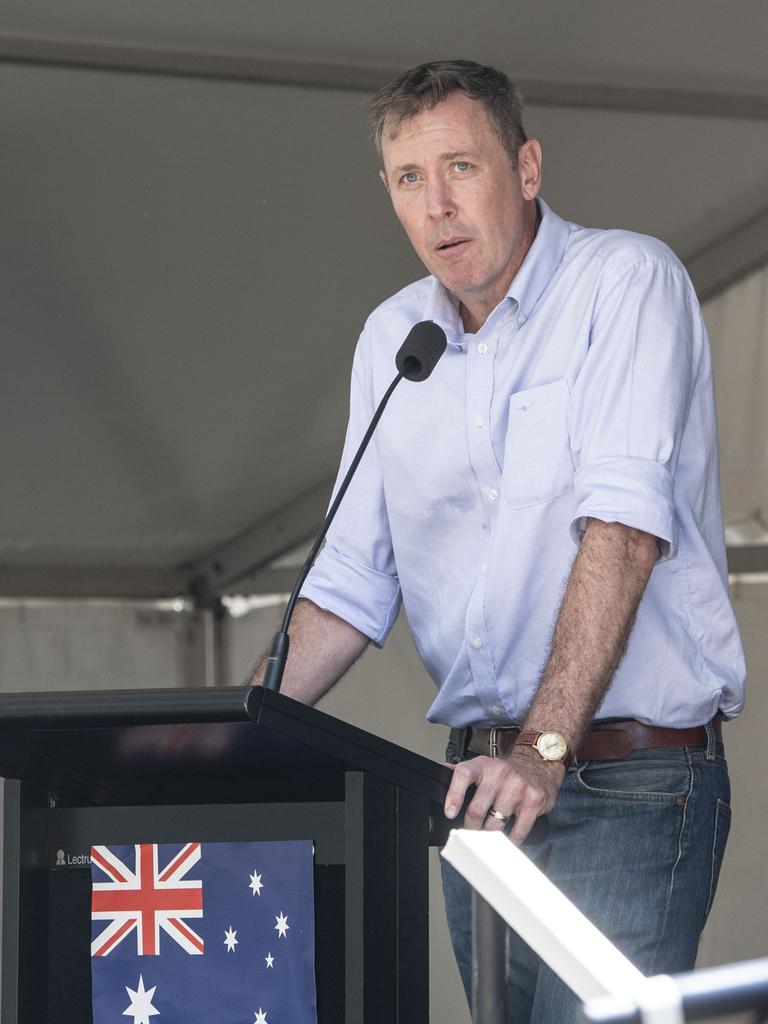
Federal Member for Groom Garth Hamilton said he supported opposition leader Peter Dutton’s position and the 15 questions Mr Dutton submitted to the Prime Minister as Mr Hamilton said many of his own constituents had raised similar questions.
“The general response from constituents when talking on this is that they feel uninformed on the issue,” Mr Hamilton said.
“It would be only right for a city of our size and stature – we are the second largest inland city – to hear directly from Labor about the details of their proposal.”
“I’ve sat down to talk with Peter Dutton on no less than six occasions and what I’ve been – repeatedly – is not be prescriptive about what we’re putting forward,” he said.
“I sit in Question Time every day – (The Opposition has) an opportunity to ask questions about detail – that doesn’t happen.
“What you have is a series of comments aimed at creating confusion and making (this) more complex – something that is actually very, very clear – do we recognise Aboriginal and Torres Strait Islander people in our Constitution? And do we consult them? That’s what the referendum is about.”
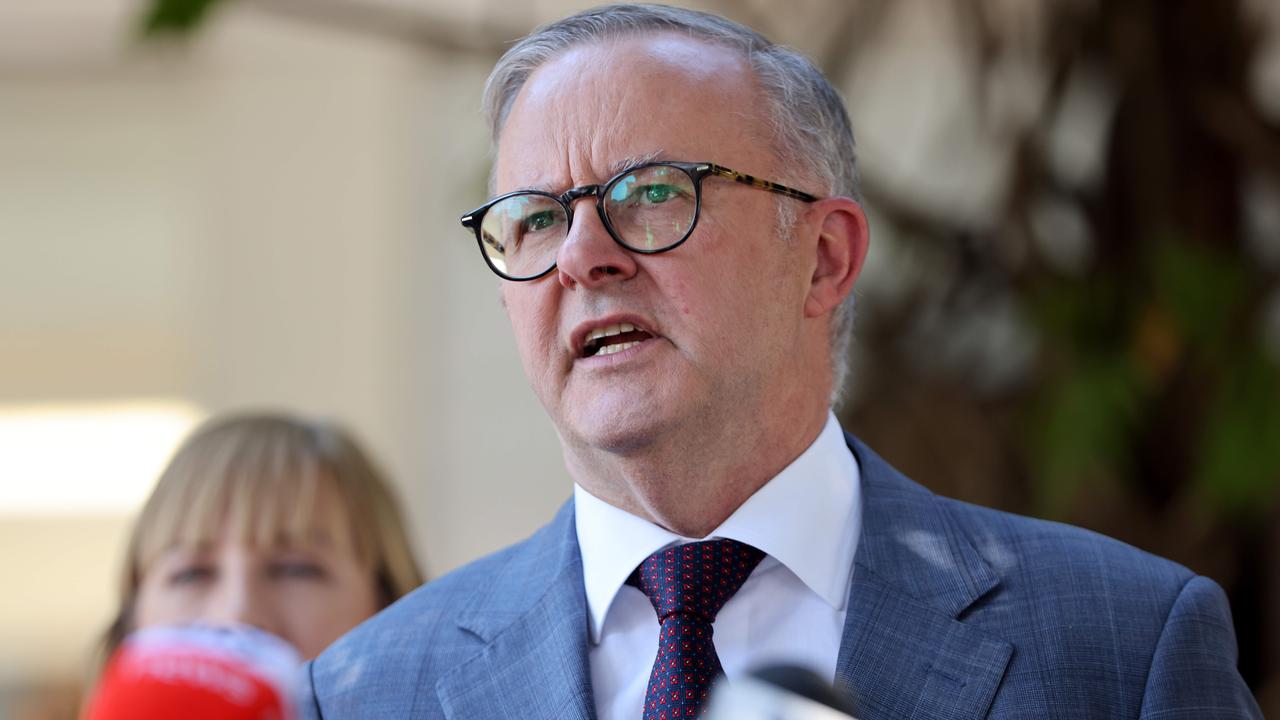
Mr Hamilton said he had made his personal position on the matter clear and would not be voting on the referendum as the Member for Groom, but as a citizen.
“I’m opposed to giving Australians different rights in the constitution on the basis of race,” Mr Hamilton said.
“The equality that Australia enjoys is our greatest strength … I want to see our Aboriginal brothers and sisters enjoy every part of the Australian experience including access to and the embrace of our democracy.
“I have always believed the best possible place for an Aboriginal voice to parliament is one that comes from within the parliament standing side-by-side and equal with every other member.”
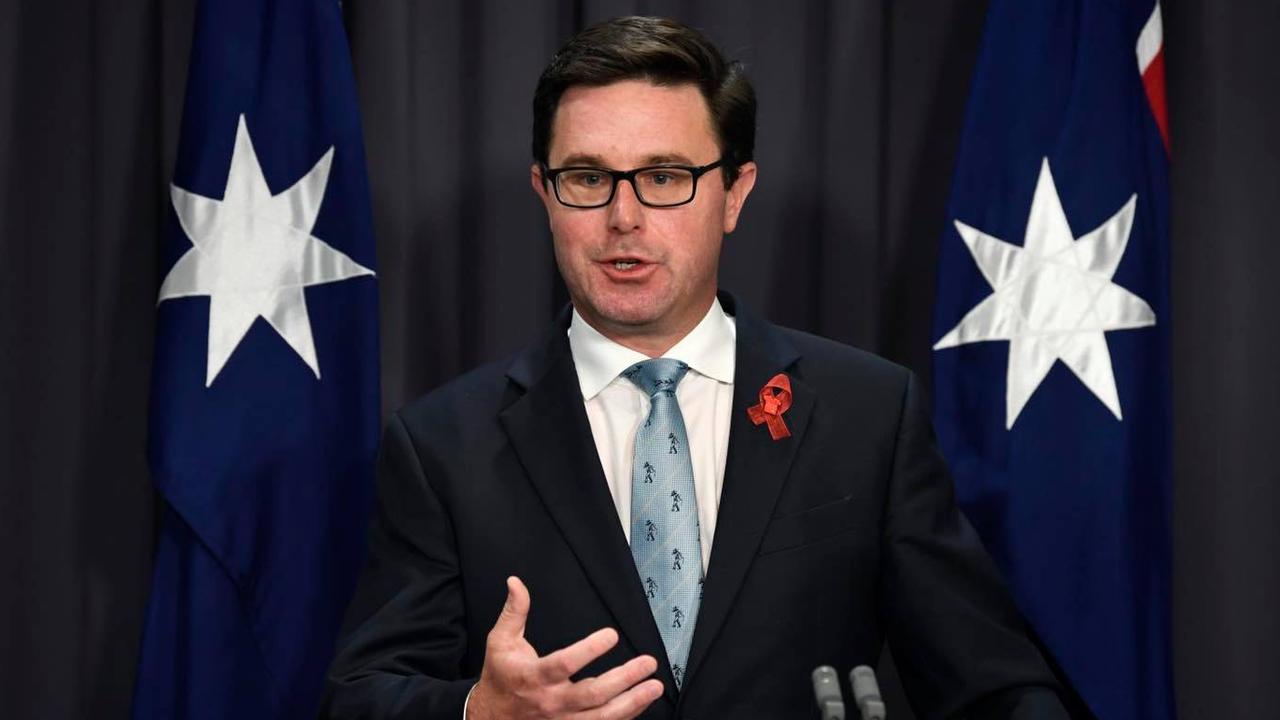
Leader of the Nationals Party and Member for Maranoa David Littleproud said his party opposed The Voice but it was not with any “malicious intent” and he would be voting no on the referendum.
He said while he believed the government should be held to account, more progress would be made if politicians left Canberra to personally meet with Indigenous communities.
“We don’t believe another layer of bureaucracy will close the gap because we’ve seen this before, we’ve experienced this before and it didn’t work,” Mr Littleproud said.
“(Politicians) need to sit around the campfires and they need to sit in town halls to understand the unique tailored solutions required to address issues in disadvantaged communities.”
The Nationals Party leader said while a solution put forward by The Voice may work in metro areas, it would still fail to close the gap in rural and remote communities where the same policy may not work.
“There are 227 voices to this parliament through the senate and house of representatives who represent Indigenous Australians and all Australians,” he said.
“That is what our country is predicated on – that every Australian is treated equally and is equal in the eyes of parliament.
“There are also 11 Indigenous Australians elected to this parliament.”
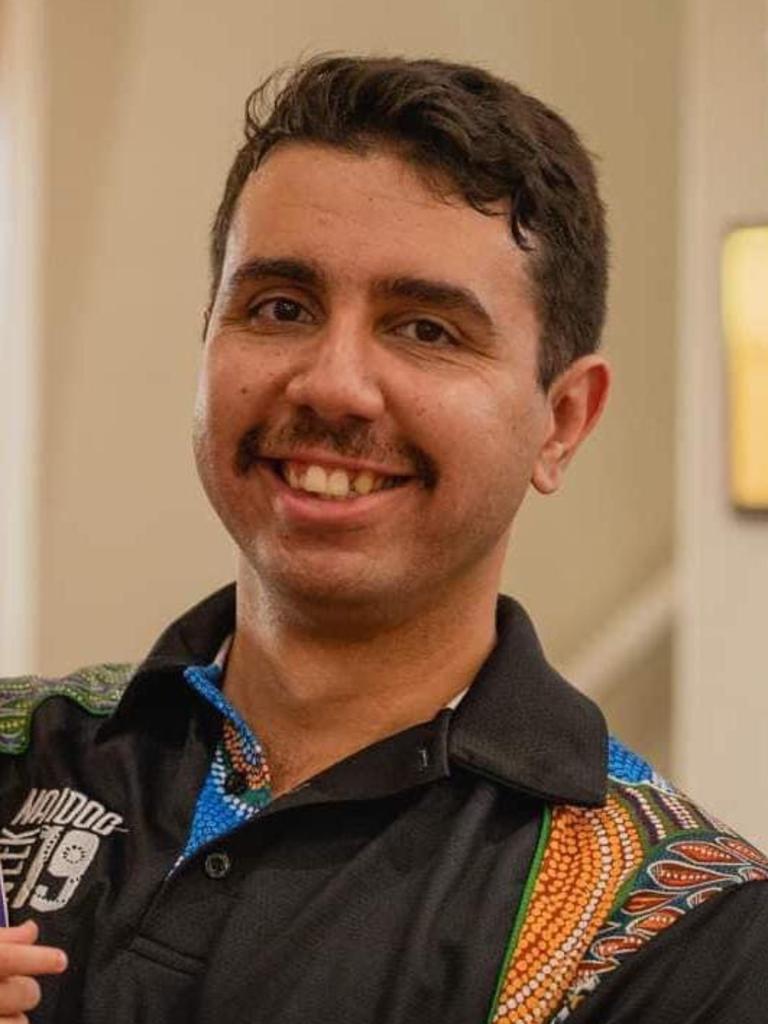
Mr Littleproud said while he had consulted with many Indigenous people and groups within his electorate, he would not name them specifically to respect their privacy.
“Some strongly support (The Voice) and there are some that do not and that’s for them to decide whether they want to publicly make those statements,” he said.
“Ultimately, it’s the community that’s going to be deciding on this Voice and if he’s not approaching the community and they’re prematurely going to take a stand on something without seeking the advice of people in his electorate, that’s not a good model,” he said.
“I can see a lot of benefits of the Voice impacting positively for this region because when we look at it, our region often gets overlooked for funding and resources that could assist in closing the gap.
“It gives people from our region a voice that directly links across policies and initiatives that are going to affect our lives.
“It’s not going to be something that will be there for a couple years then drop off like we’ve seen with other programs and initiatives.”




